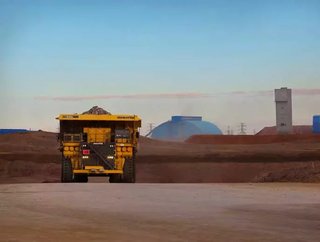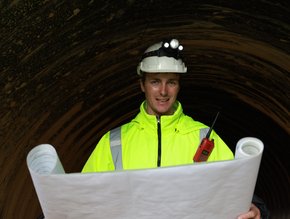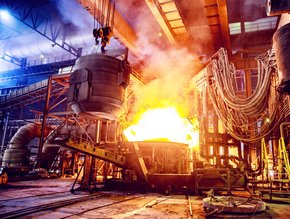Rio Tinto completes first autonomous train shipment for AutoRail programme

The first autonomous train carrying iron ore has completed its inaugural journey, travelling across Western Australia.
Rio Tinto announced in a statement this week that it had completed the very first delivery of iron ore by an autonomous train in the Pilbara, travelling over 280 kmn from Tom prove to the port of Cape Lambert.
This is a significant milestone for the companies $940 million AutoHaul programme, focused on automating trains for the transport of minerals in Pilbara.
Once commissioned, the network will be the world’s first heavy haul, long distance autonomous rail operation. Rio Tinto operates about 200 locomotives on more than 1,700 kilometres of track in the Pilbara, transporting ore from 16 mines to four port terminals.
Rio Tinto Iron Ore managing director Rail, Port & Core Services Ivan Vella said “The safe first delivery of iron ore by an autonomous train is a key milestone for AutoHaul™. The programme will deliver the world’s first fully autonomous, long-distance, heavy-haul rail network, operating the world’s largest and longest robots.
Related stories:
Rio Tinto completes $300 million sale of Winchester South coal mine
Rio Tinto and Alcoa unveil worlds first carbon neutral smelting process
Rio Tinto autonomous shipments cross 1 billion tonnes
“This programme symbolises both the pioneering spirit and innovative talents of many people across Rio Tinto and shows our absolute commitment to improving safety and productivity, as well as enabling greater flexibility across our operations.
“We will continue to ensure our autonomous trains operate safely under the wide range of conditions we experience in the Pilbara, where we record more than eight million kilometres of train travel each year.
“We are working closely with drivers during this transition period as we prepare our employees for new ways of working as a result of automation."






